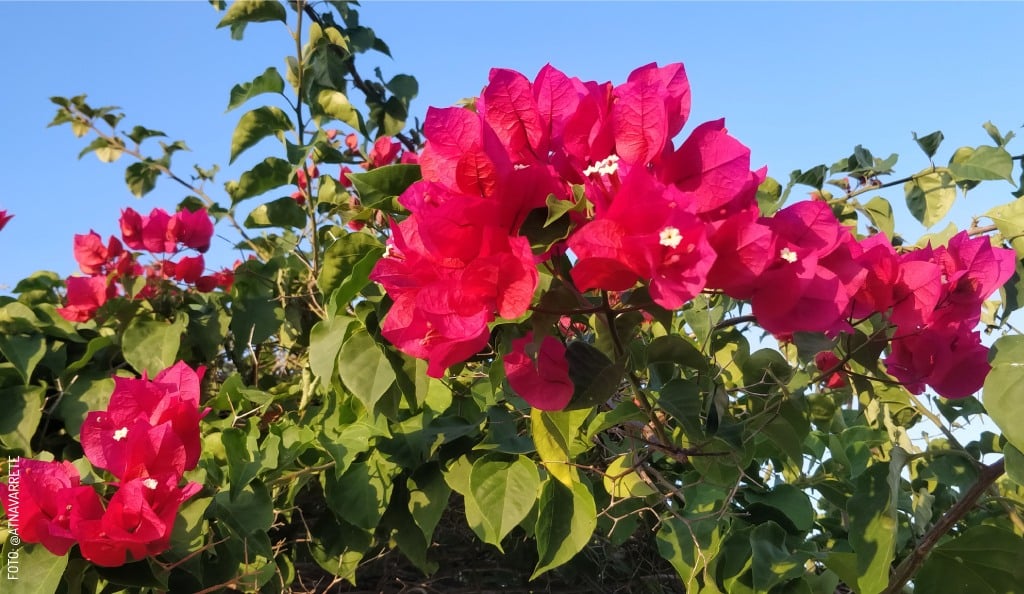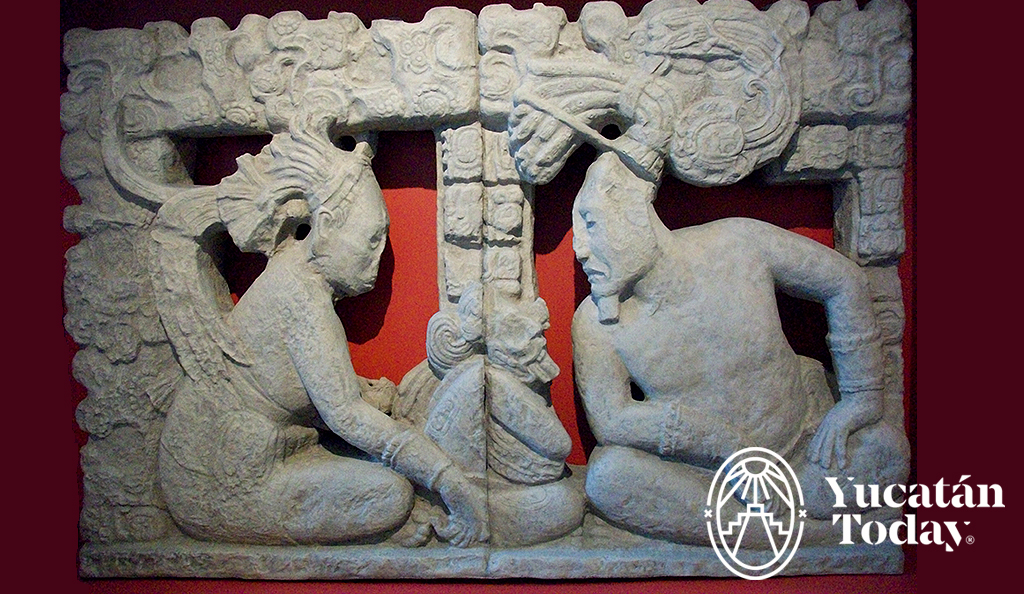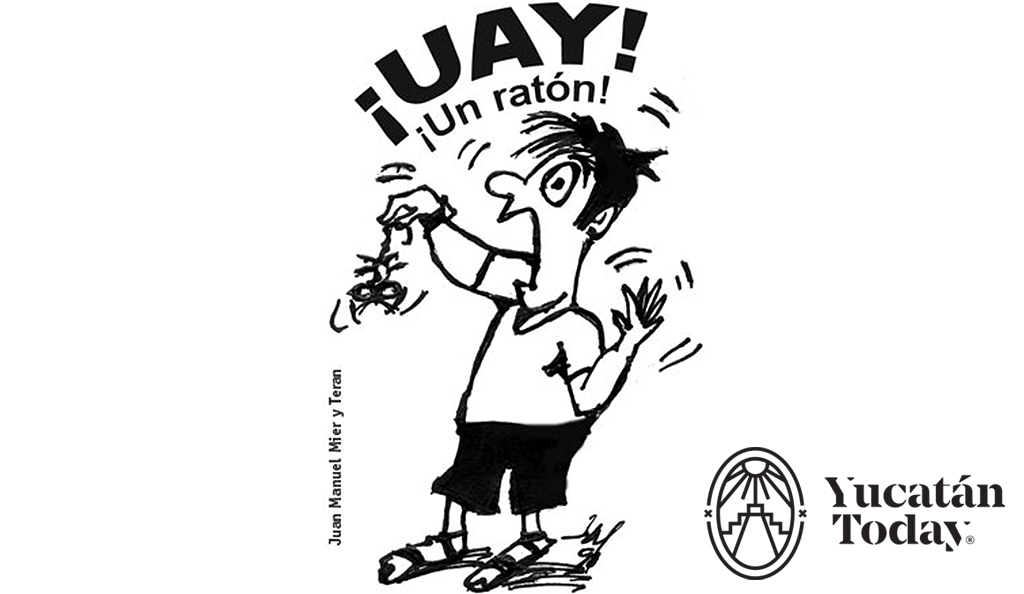Every Yucatecan, regardless of their academic, economic, or cultural level, in the face of any harsh physical pain, reacts with the interjection ¡UAY!
This is the conclusion arrived at by Dr.Jesús Amaro Gamboa (1903-1992), a man of encyclopedic culture, born in Yucatán, who as well as being a doctor, was also a writer and professor.
Dr. Amaro Gamboa, in his essay "Uayism in Yucatecan Culture," analyzes the process of acculturation of two languages: Maya and Spanish.
The essayist explains that the word "uayé" (waye', in Maya), means HERE, IN THIS PLACE. In the spoken language, its shortened form "uay" is usually used (Uay t-Hoe, HERE IN MÉRIDA, or Uay Yucatane, HERE IN YUCATÁN).
Pronounced UAY (way), it means bed, room, cell, corrosive matter, or indelible print of an erosive substance and/or dye (the "uay" of the urine in the diaper of a nursing baby; the "uay" of rust on fabric, among others).
As a verb (UAY, UAYAH) it has the connotation of skinning, producing open wounds on the skin or to poison with corrosive substances; at the same time it is a word used to describe something scary, and if placed before certain nouns, means an apparition or phantom, a specter or goblin, an evil spirit or vision, a ghost, a diabolical shadow, a devil, or a monster: "uay toro", "uay taman", "uay chivo" (ghost bull, ghost ram, or ghost goat).
Up to this point, he has shown the "uay" used as adverb, noun, and adjective. However, he has not made any mention whatsoever of "uay" used as an interjection of untimely, unexpected, or fleeting pain, something which identifies the Yucatecan, to whom he dedicates the first part of Chapter 14 in his essay.
So, Dr. Jesús Amaro Gamboa was of the opinion that ¡UAY! was born in the Spanish of Yucatán during the colonial era: a "Mayanized" version of the Spanish interjection ¡ay!, with the resulting "uista" (from the letter "u"), a Maya sound which influenced the local Spanish, which we have been using for centuries.
And he states that the ¡UAY! Of the Yucatecan, as far as he could learn, is not heard in any other place of the Mesoamerican linguistic world where the Maya language is spoken.
First published in Yucatán Today print magazine, in June 2009.

Author: Yurina Fernández Noa
Cuban journalist with a vast career at media like Diario Las Américas. Her expert, sensitive writing masterfully explores stories and traditions, unveiling diverse cultures.
¡Receive the latest articles and much more from the best of Yucatán in your email!
Related articles

Traditional Maya Medicine in Yucatán
Discover the rich tradition of traditional Maya medicine in Yucatán, including herbal remedies and healing practices passed down through generations.
Yucatecan Spanish
Explore the rich history of Yucatecan Spanish, influenced by the Maya language, and discover how it shapes the unique cultural identity of the region.





